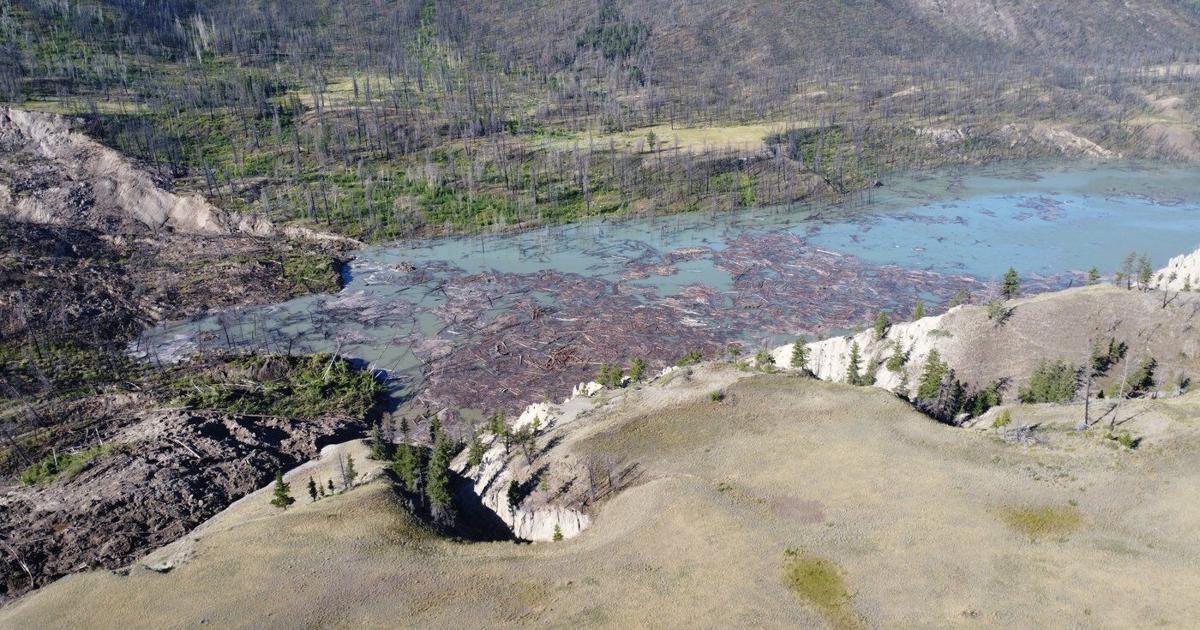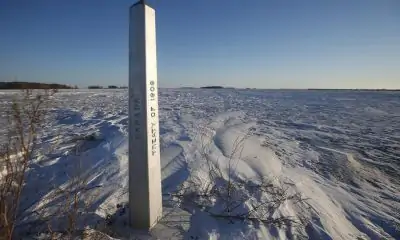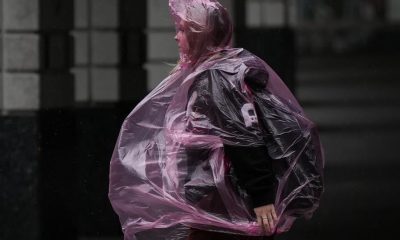FISHER BRANCH, Man. – Manitoba’s police watchdog has cleared RCMP officers in the case of a man who died after he was taken into custody for public intoxication.
The Independent Investigation Unit of Manitoba says the actions of officers and guards did not lead to the man’s death in July 2023.
The man, found incapacitated on a road on Peguis First Nation, was picked up by a First Nations safety officer and transported to the Fisher Branch RCMP detachment.
The report says while in custody, the man complained of having trouble breathing but declined medical attention.
Emergency services were eventually called and the man was transported to a Winnipeg hospital, where he died two days later.
The civilian director of the investigation unit, Roxanne Gagné, says in her report she can’t make recommendations about the use of a police cell for intoxicated people but that it was the only safe setting available in the rural area.
“It is outside the IIU’s mandate to address the question of whether the continued use of police facilities to provide safe harbouring for intoxicated individuals is an appropriate setting,” Gagné said in the report released Wednesday.
“I am … satisfied that the officers met and exercised their statutory duty of care in their dealings with (the man).”
There is no detox or sobering shelter in the area, north of Winnipeg. The report says an officer offered to take the man to the home of a family member or friend to sober up, but he asked to be taken to the RCMP detachment.
After the man expressed trouble breathing, Mounties and First Nations safety officers repeatedly asked if he needed medical help, and he declined, says the report.
A guard noted the man was “restless, having a little bit of trouble breathing and lying down.” Emergency services were eventually called.
The report says an autopsy determined he died from a combination of organ system failure, liver failure and toxic levels of acetaminophen, a drug found in common pain relievers. Chronic alcohol abuse was listed as a significant contributing condition, and there was no evidence of significant injuries.
A recent inquest into the 2019 death of a man in a cell in northern Manitoba called for the creation of a sobering centre to prevent in-custody deaths of people detained for intoxication.
John Ettawakapow died in The Pas, after a cellmate inadvertently placed a leg and a foot on the man’s neck and face.
This report by The Canadian Press was first published Nov. 20, 2024.
— By Brittany Hobson in Winnipeg























